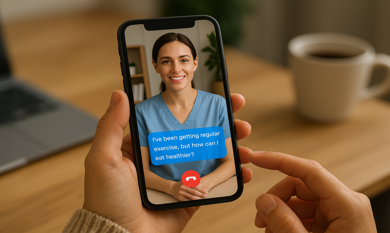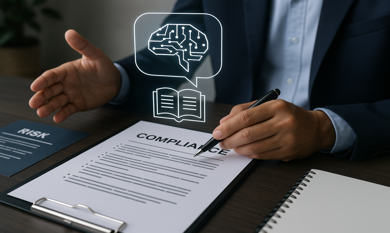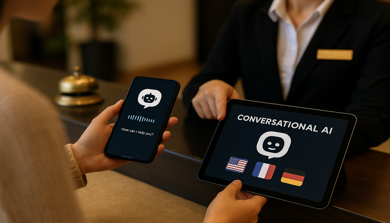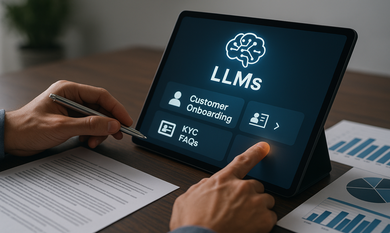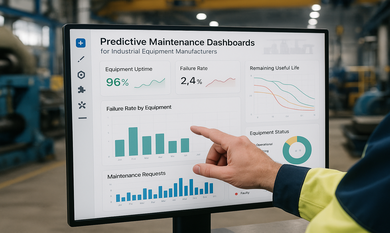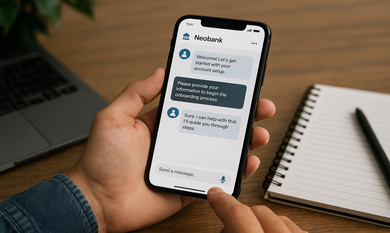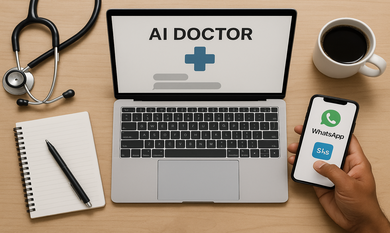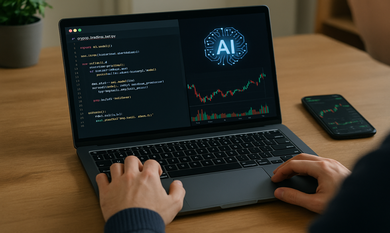As the global population ages, the demand for smarter, more efficient elderly care has never been greater. The old systems—reliant on manual processes, limited resources, and reactive healthcare—are buckling under the pressure. Artificial Intelligence is offering a much-needed upgrade, delivering predictive insights, real-time support, and a new layer of dignity to assisted living.
This isn't just about machines replacing humans. It's about enhancing the way we care, respond, and connect.
A Rising Tide of Demand
- By 2050, people aged 60 and older will outnumber those under 15 for the first time in history (United Nations).
- Chronic diseases, cognitive decline, and mobility issues now affect millions of seniors globally.
- The World Health Organization warns that traditional healthcare systems are unprepared for this demographic shift.
The need for scalable, intelligent, and emotionally aware solutions is urgent—and AI is delivering answers. Many healthcare startups are now partnering with an AI development company in Dallas to create solutions specifically designed for elderly care and assisted living environments.
Where AI is Already Making a Difference

1. Predictive Monitoring: Catching Problems Early
AI systems are trained to recognize patterns in vital signs, movement, and behavior—often predicting serious conditions before symptoms appear.
📌 Example:
CarePredict uses wearables to monitor daily routines. Deviations—like skipped meals or slow walking—can indicate early signs of illness or depression.
🧠 Impact: These early warnings reduce hospitalizations and improve long-term outcomes.
2. Fall Detection & Emergency Response
Falls are the leading cause of injury-related death in seniors. AI-driven cameras and sensors can now detect falls in real time and trigger alerts immediately.
📌 Example:
SafelyYou uses AI-powered video monitoring to reduce ER visits by up to 80% in memory care facilities.
⚠️ Stat: The CDC reports 3 million older adults are treated for fall-related injuries annually in the U.S. alone.
3. Cognitive & Emotional Support
AI offers much more than clinical care—it also supports mental and emotional well-being.
📌 Example:
Elliq, an AI-powered robot, holds conversations, provides reminders, and engages users in brain games—helping combat loneliness and cognitive decline.
🎯 Outcome: Seniors remain mentally active, emotionally supported, and socially connected.
4. Reducing Caregiver Burden
AI reduces the workload on human caregivers by automating tasks like:
- Medication reminders
- Health data collection
- Shift scheduling and monitoring
📌 Example:
Tunstall Healthcare provides AI dashboards that allow caregivers to track resident conditions and respond to alerts more efficiently.
An experienced AI development company in Dallas can help integrate such automation into custom software tailored to the needs of senior care institutions.
Who Stands to Benefit?
The impact of AI in elderly care extends beyond just seniors.
- Elderly individuals gain safety, independence, and emotional support.
- Caregivers experience reduced stress and workload.
- Assisted living centers and hospitals benefit from efficiency, fewer emergencies, and more personalized care.
- Healthcare providers and startups unlock new opportunities to innovate and meet rising demand with smarter, scalable solutions.
Future Possibilities: What’s Next for AI in Elder Care?
While current use cases are impressive, AI’s potential in elderly care is still expanding:
🔹 Personalized Genomic Care – Tailoring treatments based on genetic data
🔹 Emotion Recognition AI – Detecting mental health issues from speech and behavior
🔹Multi-Language Conversational AI – Breaking language barriers for diverse populations
🔹 AI-Powered Home Automation – Smart controls for lighting, safety, and daily routines
Real-World Adoption: Who’s Leading?
Several companies are already pioneering AI in eldercare:
- VitalConnect – Wearable heart and health monitors
- Replika – AI companions for mental wellness
- Amazon Alexa Together – Voice-activated elder support system
- Intuition Robotics – Proactive social interaction tools for aging in place
The Ethical Lens: Balancing Innovation with Responsibility
Innovation must come with ethical consideration. AI in healthcare should:
- Follow HIPAA/GDPR compliance for data privacy
- Maintain transparency in decision-making
- Ensure human oversight in sensitive care scenarios
Final Thought:
AI in elderly care isn’t about replacing human connection—it’s about empowering it. By assisting caregivers, supporting seniors, and anticipating needs before they arise, AI is redefining how we approach aging. In a world where the elderly deserve to live with dignity, security, and independence, AI is no longer optional—it’s essential.
Ready to Build Smarter Elderly Care Solutions?
To build robust AI-powered solutions for elderly care, many healthcare startups are turning to trusted partners like Theta Technolabs, a leading custom software development company Dallas TX. Their expertise spans Web, Mobile, and Cloud solutions—helping healthcare providers deliver intelligent, scalable, and human-centered experiences for the aging population.
Reach out to us at sales@thetatechnolabs.com to explore how AI can revolutionize your healthcare platform.

















.png)
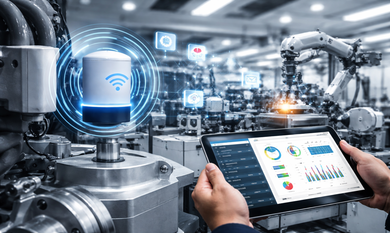








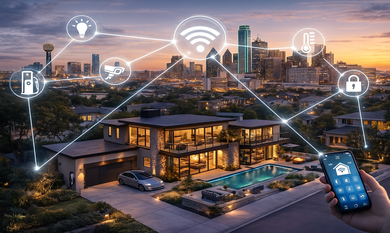
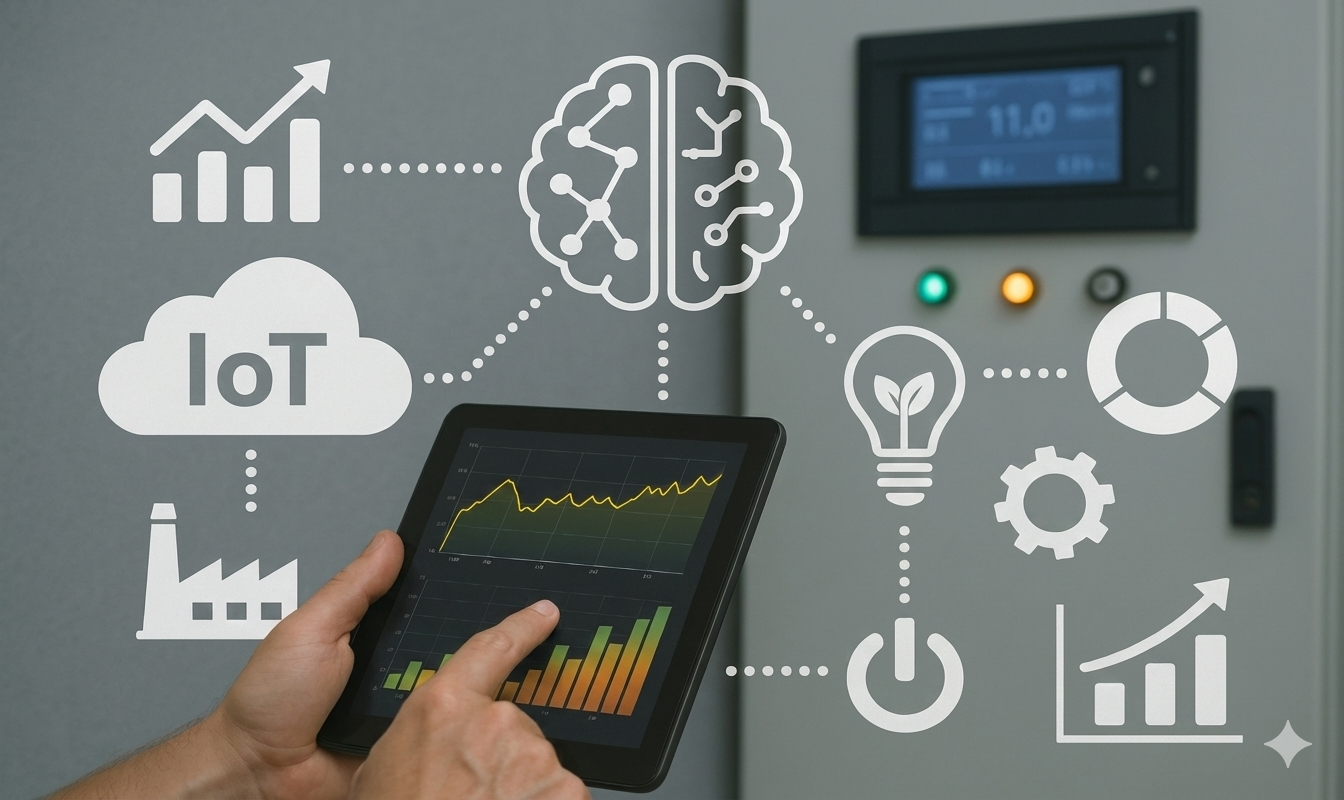
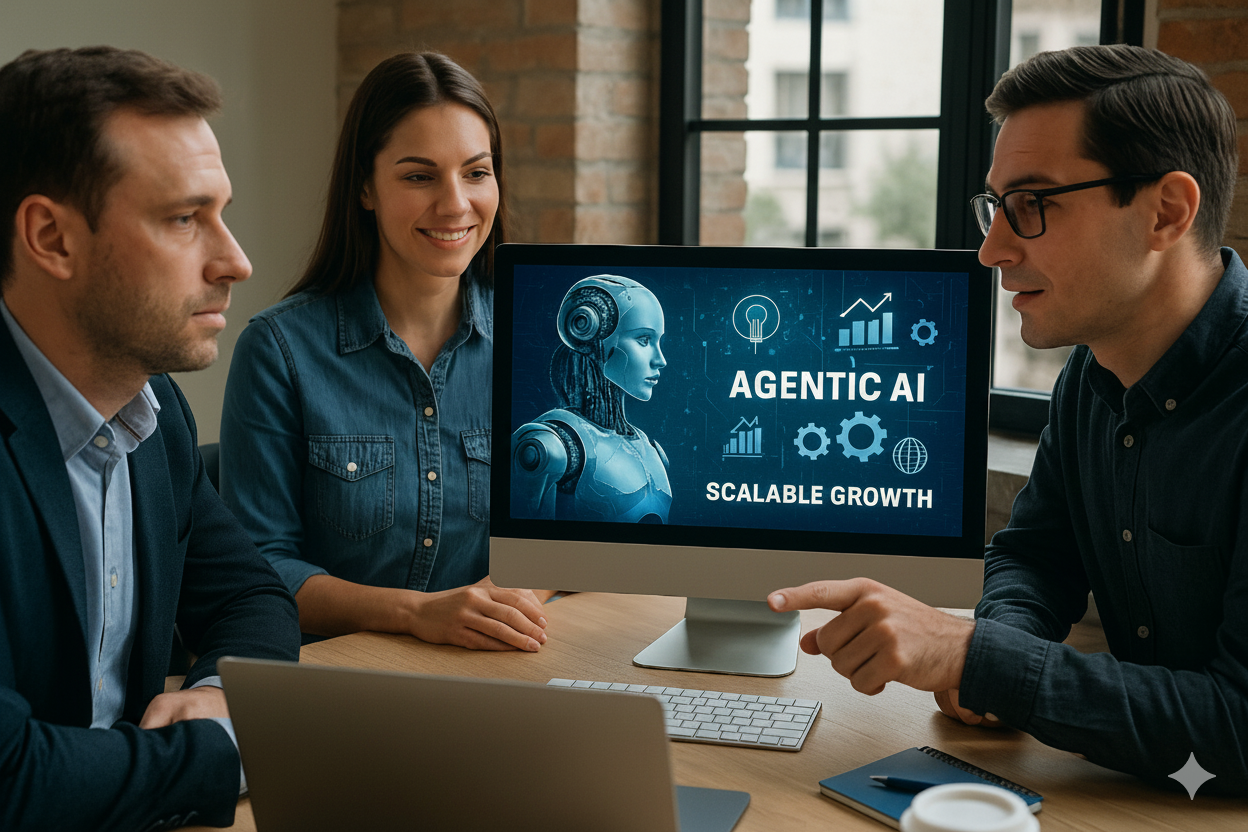
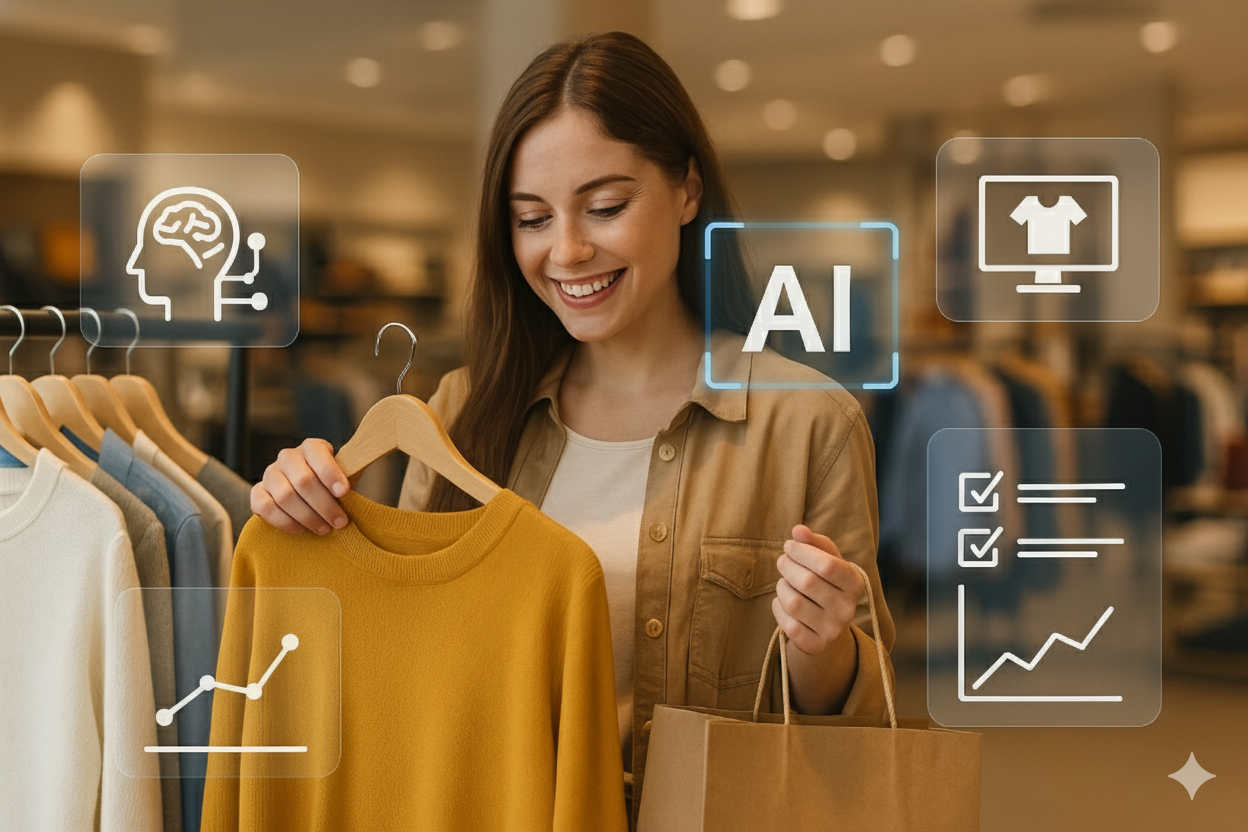







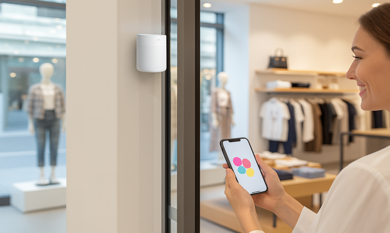


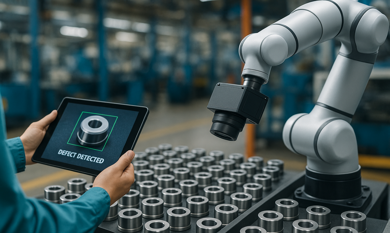
.png)

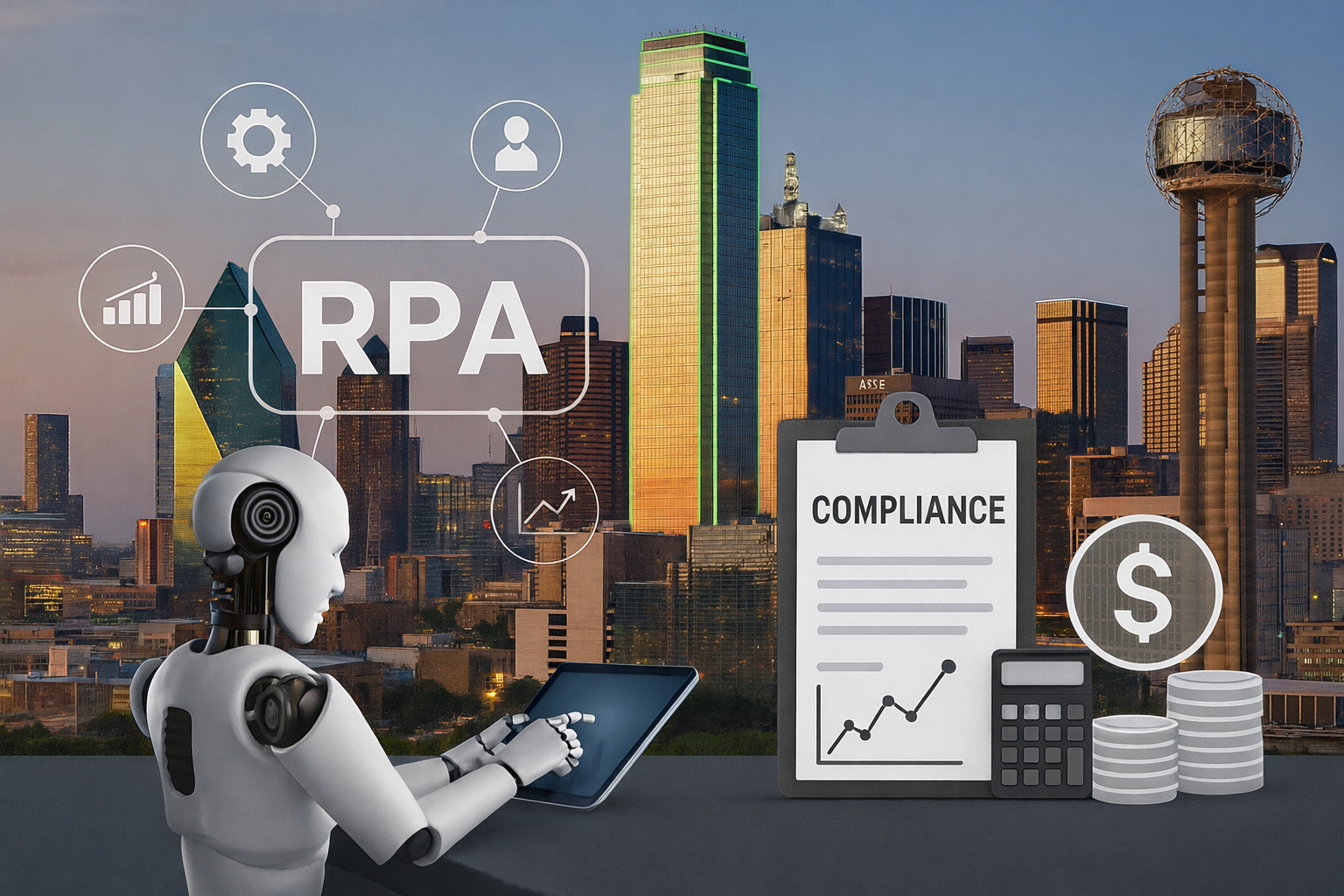

.png)



.png)








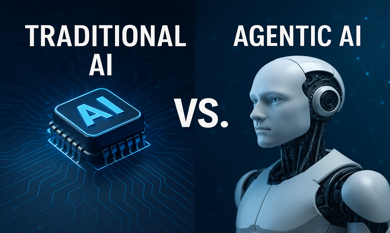
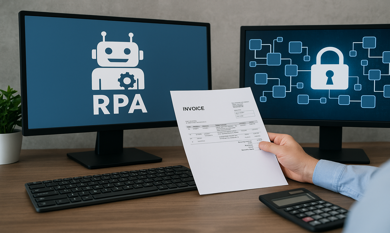

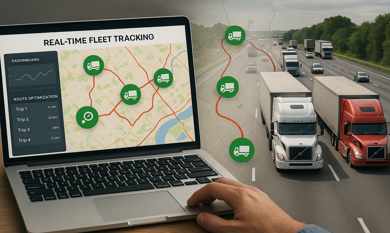





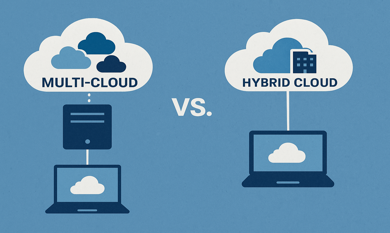

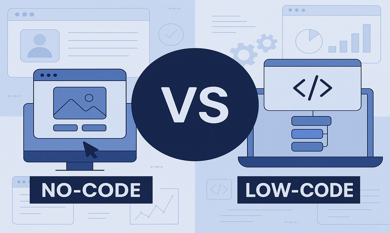



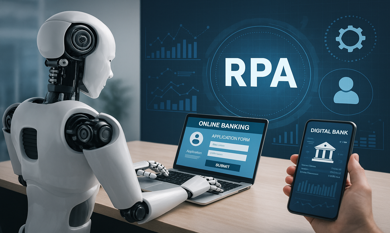

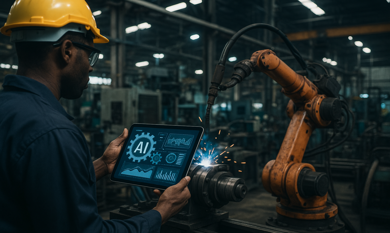
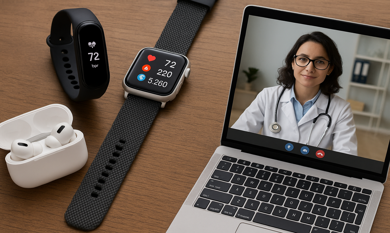

.png)
.png)


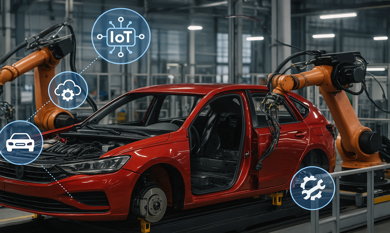



.png)
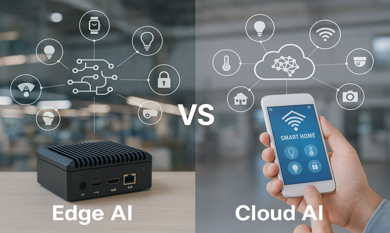
.png)
.png)
.png)


.png)
.png)
.png)
.png)

.png)
